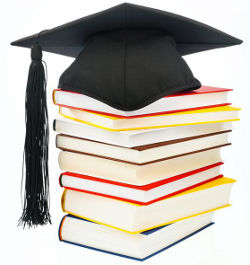 Prime Minister Lee Hsien Loong’s 2013 National Day Rally Speech has been hailed as a noteworthy one. What are the changes that will re-shape the education landscape? Here’s a recap at what he said this year at his Rally with regards to new changes in the Education sector.
Prime Minister Lee Hsien Loong’s 2013 National Day Rally Speech has been hailed as a noteworthy one. What are the changes that will re-shape the education landscape? Here’s a recap at what he said this year at his Rally with regards to new changes in the Education sector.
Edusave
The government will make Edusave contributions to every child who falls within school-going age of 7-16 years. An inclusive stance is taken and madrasahs, overseas students and home-schoolers are also eligible for this benefit. Secondly, to ensure that all children will have a fair chance of entering a school of his or her choice, two measures have been proposed. From next year, all primary schools will reserve 40 or more spaces for children with no prior connection to the schools. Quality of schools will also be raised with the aim of making every school a good one and thus of choice.
PSLE
Many parents may heave a sigh of relief and welcome the long awaited change to the PSLE scoring system which has not changed since 1980. For all these years, students have been battling each other down to each last point – with the illusion that 99 is better than 98 because of the design of the system. This is further supported by point cut-offs for entrances to secondary schools.
The scoring system will be having a recalibration. The T-score which is the aggregate comparative to one’s peers will be replaced with scoring done across broader band grades, as with the ‘O’ and ‘A’ level examinations. This serves to reduce over-competition and shifts the focus to education and holistic development of students. The downside is that these changes will only be implemented in a few years time.
Secondary School Admission
Admission criteria for secondary schools will also go beyond the academics to consider individuals with outstanding personal traits such as character, resilience and leadership capability. Further, secondary one students across all streams will enjoy the option of being able to take a subject at a higher level if they have previously done well in that subject in PSLE. A student who is in Normal (Academic) but has done well in Maths will be able to do that subject at ‘O’ levels when he/she goes to secondary school. A student who is in Normal (Tech), with a good flair in languages, can take languages at ‘N’ level or at ‘O’ level when in secondary school.This will allow students to tailor and pace their education according to their level and interest.
Top secondary schools with long history and traditions are encouraged to enrol students who are from low-income backgrounds and to accept students based on their capability. He emphasized that students should enjoy a meritocratic system where they are assessed based on their capabilities and efforts and not on backgrounds, wealth or connections. To support this paradigm shift, Mr Lee suggested that secondary schools seek out such students and for primary schools to recommend potential students to such schools. Financial assistance and bursaries will be significantly enhanced so that those who qualify will not be denied entry due to finance.
Reactions from the ground
The changes proposed in this year’s speech receive mixed reactions from parents.
Certainly a main gripe about the existing T-score method is the flaw of being rigidly opaque while seemingly reflecting a specific indicator of performance. A broader banding system, coupled with more holistic admission criteria for secondary schools are much welcomed by many parents. On the other hand, a less grade-based PSLE scoring system could lead to less transparency in entry criteria for Secondary Schools. Many note that despite the changes proposed, the stress of examinations still remains and preparations still have to be done for PSLE. However, many parents do agree it is high time to tackle the PSLE system after 23 years and commend the government for taking a step in the right direction.
In A Nutshell
To quote Mr Lee on the core purpose for Singapore, it is “To create opportunities for Singaporeans to do their best; to invest in every Singaporean, and develop their innate talent; to keep Singapore a place where the human spirit thrives.”
The policies proposed do have an inclusive stance to include groups who may be overshadowed before, such as the middle class, the lower-income group, those who excel in non-academic aspects etc. Policy changes are progressive and will take time. As with all changes, there will be benefits, risks and pitfalls. However, it is encouraging that the government is putting its words into practical actions.
The core purpose for Singapore is much aligned to and in multicultural Singapore, it is a much needed one. The ‘one size fits all’ concept is fading and hopefully the changes encourage and recognise the potential in and opportunity for each individual – regardless of race, language or religion, to build a democratic society based on justice and equality.
By Som Yew Ya
What are your thoughts to PM’s Lee proposed changes in his PM Rally this year? Share your feedback and comments with us!
If you find this article useful, do click Like and Share at the bottom of the post, thank you.
Want more comprehensive info? Check out our e-guides here.







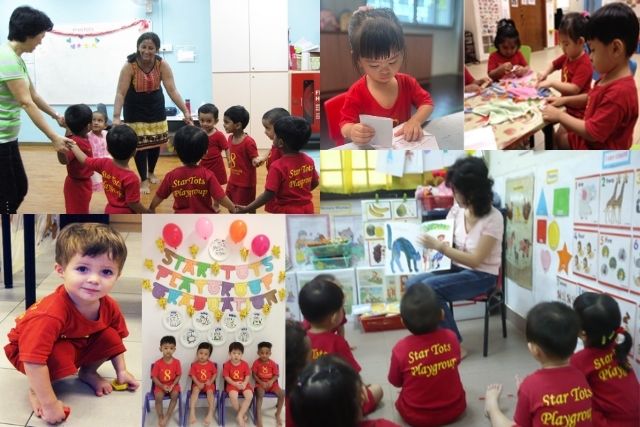





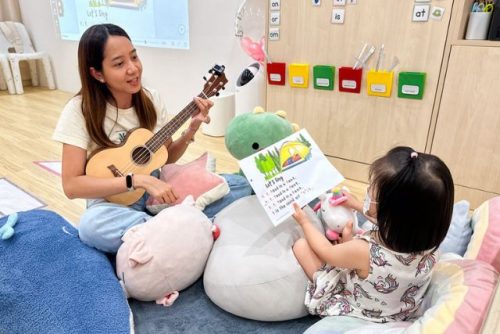


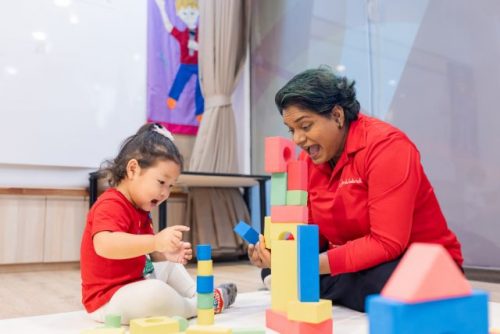





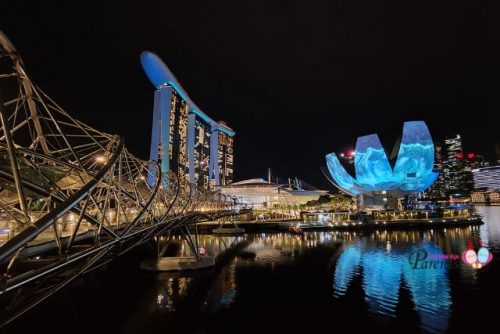
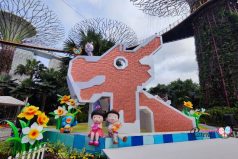
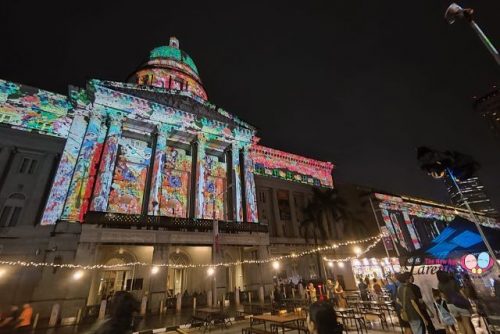






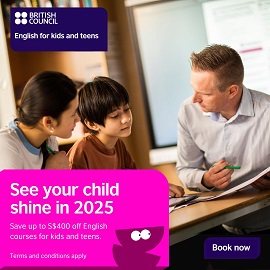




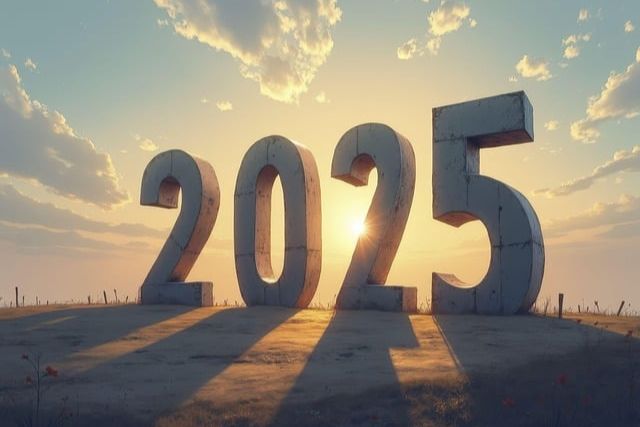
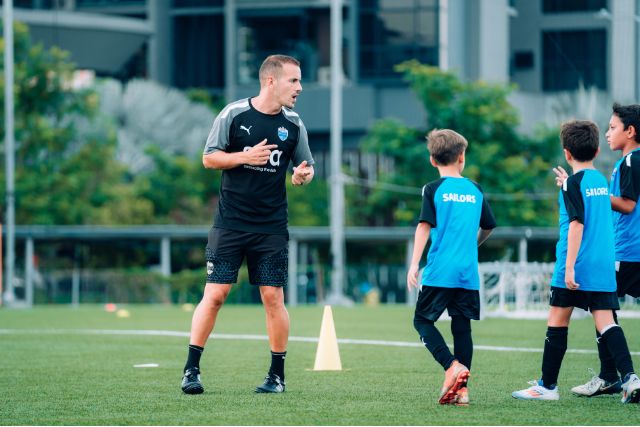
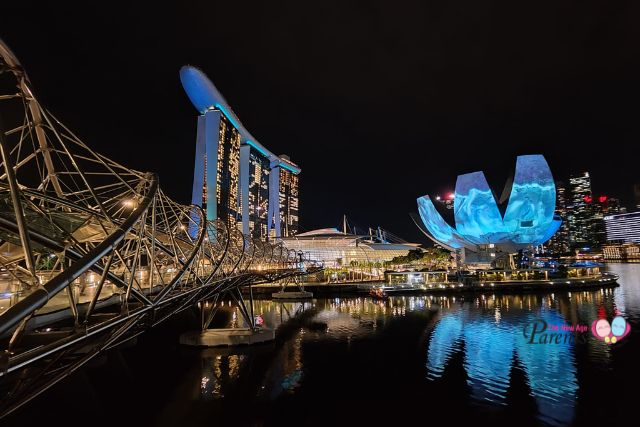
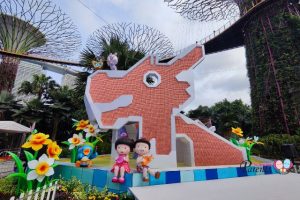
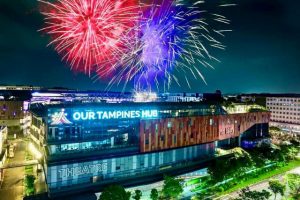
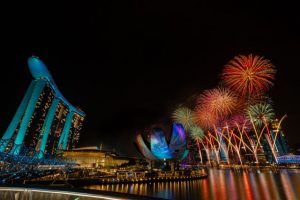



Leave a Comment: